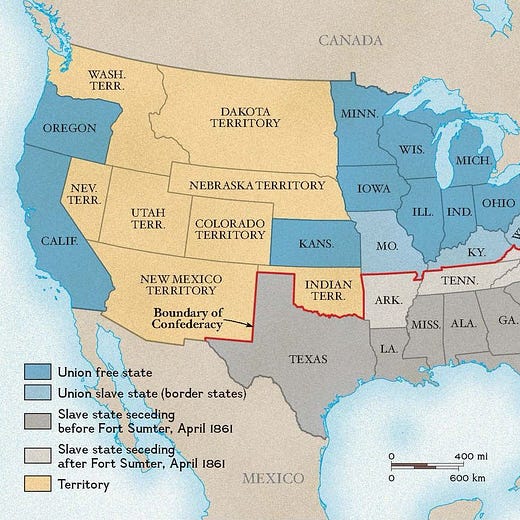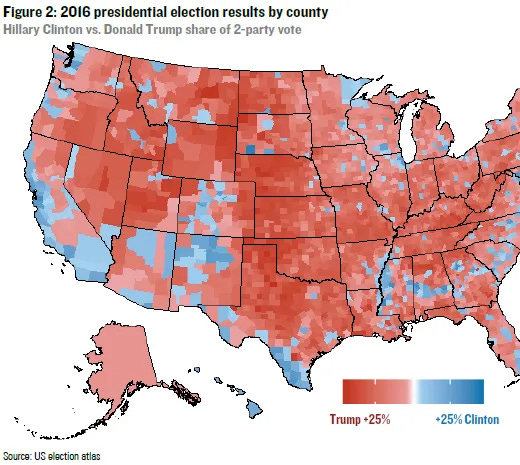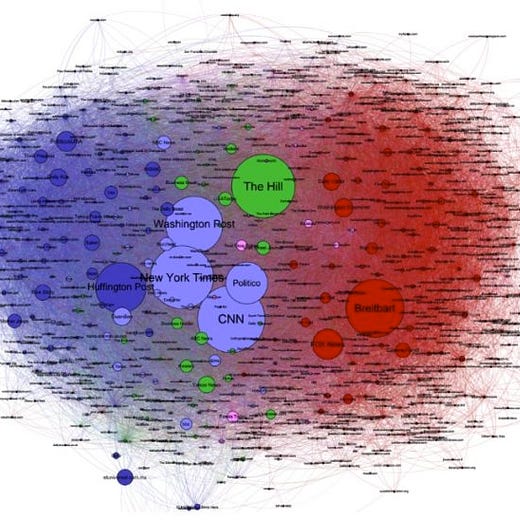Daily Balajisms - Social war
Times of social supply chain disruptions.
Balaji Srinivasan explains how people with very different views live next to each other physically, but are separated into memetic tribes online. In the physical conflict the victory condition is to invade someone’s land, in the social media conflict the aim is to invade minds of people. Memetic tribes are mixed in the geosphere but separated in the noosphere. Hence the social war.
All the cancelation and de-platforming makes greater sense in the perspective of a social war. The goal is to turn off an enemy node in the social network or convert it into our memetic tribe through various pressure tactics.
Balaji has a concept of a social supply chain that illustrates all our social connections of family, friends, frenemies and work contacts. Attempts at online cancelation can be seen as a social supply chain attack, where the goal is to turn the spectrum of allies one notch negative (e.g. from active allies into passive allies and from passive opposition into active opposition) – using the Beautiful Trouble toolbox.
The social supply chain attackers know, that they cannot turn active supporter into active opposition, but they can turn them into passive supporter or neutral, bit by bit.
Problem with activist tools like is, that they can be reverse-engineered by multiple sides of the conflict. One of the few asymmetric weapons we have is rational argumentation, says Scott Alexander. In the noosphere we want to pick the golden nuggets of wisdom from various memetic tribes – we don’t need to buy wholesale ideologies, but just particular concepts, memes and mental models.
For example, Baudrillard’s concept of simulacra is useful, even if you don’t agree with politics of the author of that concept. It can be used to understand that media today employ tribal logic in pursuit of clicks, so they are playing totally different game than truth seeking – two levels difference in the simulacra model.
Balaji has a concept of a personal runway, where he connected the company runway concept to the idea of financial independence being upstream of ideological independence.
Balaji also explains that it is important to build a resilient social supply chain – meaning that you should choose your friends and colleagues well – and they shouldn’t go south on you in times of “beautiful trouble”. He says that often you can see ideological leanings of people in various memetic tribes by the periodicals they subscribe to.
If Xinhua tries to cancel someone in the West, they might not have power over a social supply chain of that person, but they definitely have power to cancel someone inside China, because their social circle pays close attention to what Xinhua says. The same is true also in reverse – NYT has power over social supply chain of someone within the US, but less power in China.
Balaji describes himself as a polytheist, because he believes many religions can co-exist; a polystatist, because you can be a citizen of multiple countries; and also a polynumist – because many cryptocurrencies are relevant.
The same approach can be taken also to ideologies in the noosphere – one can pick golden nuggets of wisdom from many sources and memetic tribes.
We need clever noopolitics and open minds and hearts to end the social war on social media, and turn culture wars into culture dances.






